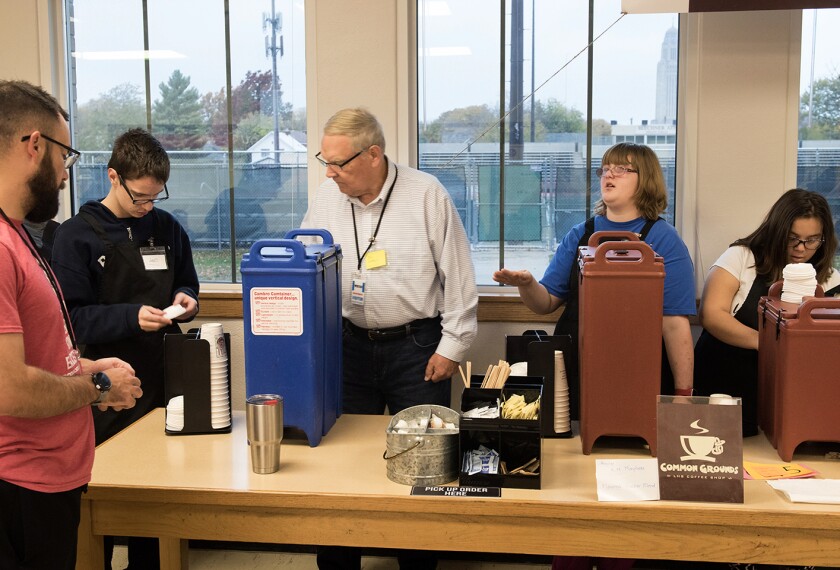Researchers make a case for using standardized discipline-referral reports to identify students with chronic behavior problems early in the school year, in a study published in the School Psychology Review.
Effective behavior-screening methods are key to response-to-intervention programs aimed at improving behavior problems, according to the study. Besides discipline-referral reports, for instance, schools might look at incident reports written by teachers.
The researchers studied more than 900,000 public school students in kindergarten through grade 6 over the 2007-08 school year. They found that among students with chronic behavior problems—those with six or more discipline referrals by the end of the year—half had at least two referrals by the end of September and nearly 79 percent had two referrals by the end of December.





